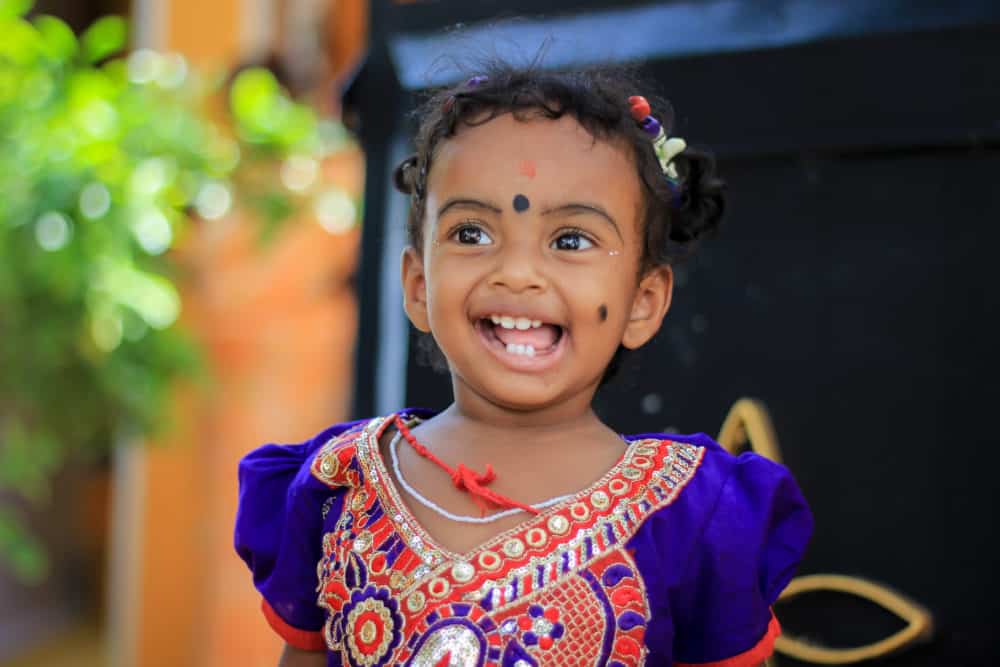
Why I Was Determined To Help The Slum Children Of Rajasthan
Indian slums are a different world altogether. In cities like Mumbai and Kolkata, slums resemble shacks constructed of tin sheets or cardboard; these places are fairly decent and far better than the slums in other cities. Unfortunately, in Rajasthan, more than 70 percent of slums are either on public parks or in open spaces in the form of unstable construction.
According to a report, approximately 27 percent of the total slums in Rajasthan don’t have electricity; in other states, it is 10% or maybe less. Besides this, the slum areas of this state lack other basic facilities to survive. For example, this might look like: a lack of toilets or drainage systems; no access to healthy food and safe drinking water; no garbage disposal facilities; few or no schools; congested homes due to insufficient space; and the absence of a healthy environment, which can lead to life-threatening diseases.
Children are the most impacted, because there are not enough provisions that can help them to get educated. In India, many children are deprived of quality education for various reasons, be it poverty, lack of awareness, or poor facilities.Primary government schools in Rajasthan are situated more than 5 kilometers away from slum areas; this is a far distance compared to other states. It makes the schools inaccessible for children who live in slums, who already don’t have the money to afford proper housing and basic facilities. This is worsened by the education gap. If people are not educated, they can’t earn—and the same tradition is passed on to future generations. And the children of India, who are our future, are involved in rag-picking, begging, child labor, and everything else in between…but not in education.
With no literacy, people are not aware of their rights: most importantly, the right to education. They are stuck in a vicious circle, a circle that starts with poverty and ends with poverty. The future of slum dwellers is bleak and hopeless; they die of poverty and the world is unaware of their struggle.
Looking at all this, I feel so lucky I had all the privileges to lead a normal life. My father always taught me the importance of education and my mother imbibed in me the values of freedom, equality, respect, and honesty so that I would become a good human being. A civil engineer by profession, I had all the money to afford the essentials in life—and education was the most important aspect.
But at the same time, I feel bad about slum children and their conditions. For them, education is a luxury, the absence of which is proving to be a complete disaster. They are not able to realize their worth and know that, yes, they make a difference to the whole world and can live a better life.
During one of my international business trips. I realized that even the underprivileged children in developing countries are educated. Why not in India?
In 2005, I opened Pratham Shiksa, a school in Jaipur with an aim to educate each and every child living in the nearby slums and eventually eradicate the problem of education in Rajasthan.
Another big problem that I noticed through my journey was that the number of school dropouts was quite high. Because the focus of slum children and their parents is towards earning money, they tend to leave their studies to gain employment. We introduced the concept of flexible timing in the school so that the students can earn a livelihood by working and study in their free time. They are also given vocational training and certified classes on nursing, along with transportation, free books, stationery, and uniforms.
Further, to ensure the development of its students, the teachers of Pratham Shiksha monitor each and every child’s performance and presence in school. Often, when students are neglected, they start taking their studies casually, which can be dangerous. And, when they are mentally disturbed, they do not take their studies seriously. That’s why we’ve introduced all these initiatives to create a stronger education system.
To date, more than 3,000 children have been educated by my organization, which I feel is a great achievement toward improving the lives of slum children. I am working constantly on the mission of spreading the power of education among all the underprivileged children of Rajasthan. Like my mission, the vision is also clear: to expand to metro cities like Delhi, Mumbai, and Bangalore in order to eradicate illiteracy by the year 2020.











0 comments to "Why I Was Determined To Help The Slum Children Of Rajasthan"